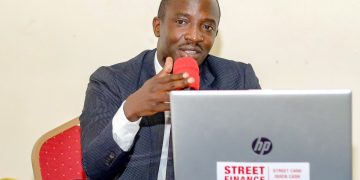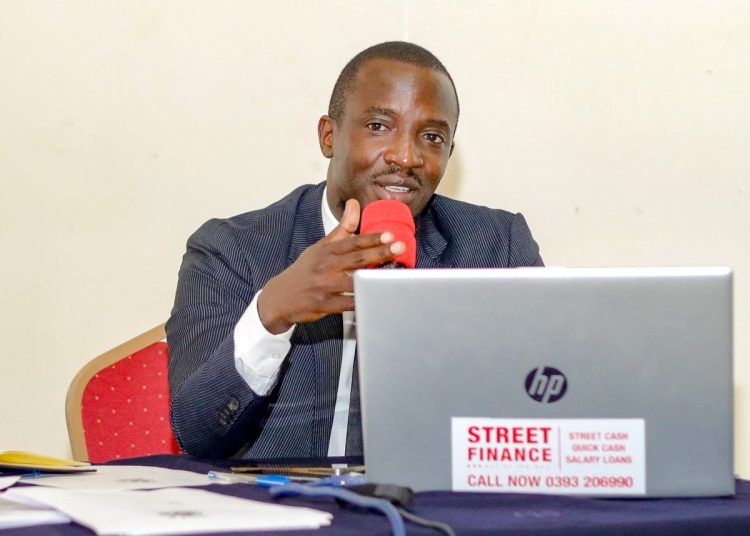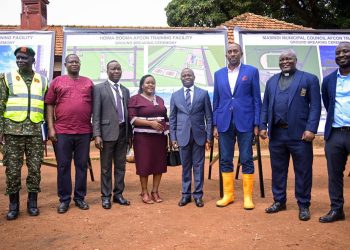As Team Uganda gears up to compete in the first-ever African School Games in Algeria, one sport will be notably missing from their lineup—boxing.
The absence isn’t due to lack of talent or preparation, but a 16-year-old policy ban that continues to keep the sport out of Ugandan schools.
The inaugural Games, taking place from July 26 to August 5 across four Algerian cities, will welcome nearly 3,000 young athletes aged 14 to 17 from across the continent.
They will compete in 25 sports, including athletics, basketball, swimming, taekwondo, and—for the first time at this level—boxing.
Uganda is fielding a 89-member delegation that includes 53 athletes, 23 coaches, and 13 officials. Representing the nation are four schools: Buddo SS, Ngora High School, Seroma Christian High School, and Gayaza High School, along with national select teams in athletics and swimming.
The country will compete in boys’ football, lawn tennis, table tennis, basketball 3X3, badminton, beach volleyball, swimming, and athletics.
But boxing won’t be part of Uganda’s campaign. The sport has been banned from the country’s school system since 2009, following a directive issued by then State Minister for Sports, Hamson Obua.
The justification at the time focused on safety and the lack of proper gear, but the decision has never been reversed.
Uganda Boxing Federation (UBF) President Moses Muhangi voiced his disappointment in an interview with NBS Sport, calling the ban a missed opportunity for young athletes.
“We’ve pushed for boxing to be reintroduced into schools for years,” Muhangi said. “Without school-based boxing, it’s hard to build a strong pipeline. Students now train outside school, with little structure and limited time.”
Muhangi believes that outdated fears about the sport’s safety are holding back an entire generation. He’s hopeful that the current Sports Minister, Peter Ogwang, will take up the issue and open up dialogue.
“This ban is cutting off the talent pipeline before it even starts. These young boxers deserve the same opportunities as their peers across Africa,” he said.





























